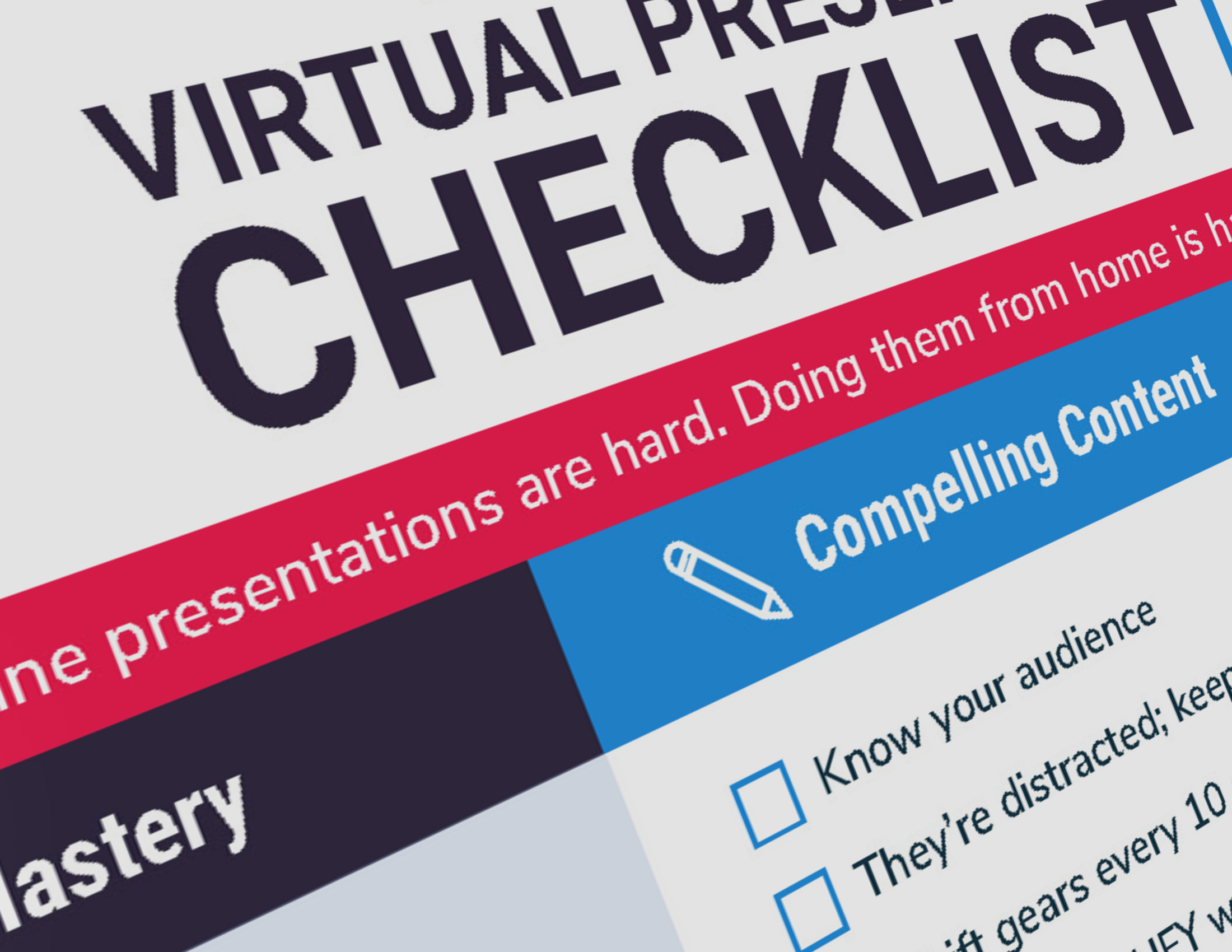Last month, on the first anniversary of my father’s death, I wrote a post called How to Write a Eulogy. My main points then still apply:
- First and foremost, speak from the heart. If it’s meaningful to you, it will be meaningful to others.
- Ignore the “rules.” There is no one “right” way to write a eulogy.
But that post now attracts more traffic to this blog than anything else I’ve written, so it’s clear people are looking for help. So I wanted to offer some additional advice.
Here are 10 tips for composing and delivering a eulogy. And if you need inspiration, here are two very different ways I’ve approached this difficult task: my mother’s eulogy, which is fairly traditional, and the one I wrote for my father, which takes a more unconventional approach and probably reflects that I was still working through my feelings at the time.
1. Avoid Laundry Lists
Most of us could probably go on and on about our loved one’s many outstanding qualities. If you can, though, try to focus the bulk of your eulogy on just a few points — ideally, three or fewer. Your points will be more memorable and have more impact if you narrow your focus.
2. Tell a Story
When you find a quality or two to focus on — whether it’s kindness, generosity, enthusiasm — make this a thread that runs through the overall narrative of the eulogy. And be sure to include stories from the person’s life that exemplify those qualities. These could be big events, like major life turning points, or small moments. The stories can even be funny. A little comic relief is welcome at times like these. Here’s some advice on storytelling that you might find helpful.
3. Find the Little Details
Small details — especially sensory details — make a big impact. If I was telling a story about my grandfather, I might mention the sound of the mourning doves that were always in the backyard, or the smell of sawdust in his wood shop or the steaks sizzling on the giant brick barbecue he lovingly built.
4. Cut the Excess Details
On the other hand, too much detail can weigh a story down. We’ve all heard the expression, “Facts are the enemy of a good story.” That doesn’t mean you should lie, it simply means that not all facts are equal, and not all of them belong in your story. Stay focused on your points: the key qualities or traits you’re trying to illustrate. Every word should support them. If it doesn’t, consider cutting it.
5. Use a Quote
A quote that captures the point you’re making can be a great way to introduce or conclude your eulogy. You can find quotes online for practically every subject under the sun. Or you can cite a passage from a favorite work of literature or film, the Bible or some other source that’s important to you or your loved one.
6. Draw a Lesson
Is there a lesson in the life that was lived? Something you’ve personally learned or will do differently? Or that other might find of value? Maybe you’ll attack each day with more enthusiasm or treat others a little better. Find some way to show that the spirit of the deceased lives on.
7. Mind the Clock
How long you should speak depends on a lot of things. Are others giving their own eulogy or are you the “main event?” Consult with whoever is officiating or with the staff of the funeral home you’re working with. They should be able to guide you. A good timeframe to aim for is 5-to-10 minutes. Too short and people might miss the message. Too long and it can get bogged down in extraneous detail. But really it should be just long enough to say what you need to say. And if you keep it focused, that should be easier to do.
8. Practice and Prepare
You should practice so you’re as ready as you can be. But still, write it all out on paper and bring it up there with you. There’s no shame in using notes or a script. This may be the toughest thing you ever do and it will be easy to lose your focus, so you’ll be glad to have the words in front of you.
9. Breathe
We all have a tendency to hold our breath when we’re under stress and this will no doubt be stressful. Before you go on, take three, deep cleansing breaths. That will help relax and center you.
10. Keep Calm & Carry On
Understand that no matter how much you prepare and how “in control” you feel, the emotion of the day is bound to catch up with you. If you cry, that’s okay. If you mess up, that’s okay, too. People understand. There’s no need to apologize or beat yourself up or keep focusing on the mistake. Just pause, take a moment, breathe deeply and move on when you’re ready.
And if any of this doesn’t feel right to you, ignore it. Writing and delivering a eulogy is a deeply personal and difficult thing. So make it your own.





